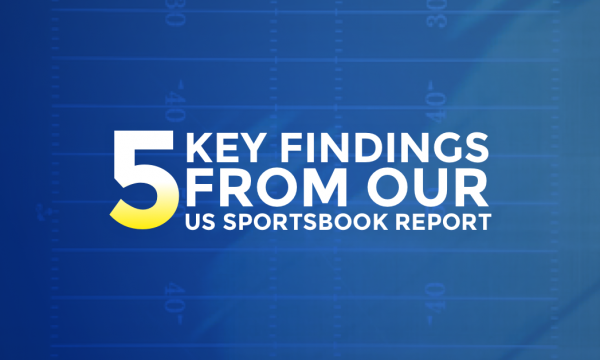
Many large and established organisations are in a constant race to keep up with the rate of change in digital. As digital communications channels develop, as search engine algorithms change and as new platforms and trends emerge, consumers are embracing these changes at a rate far quicker than the brands that are looking to serve them. This creates huge challenges.
Our latest whitepaper, Creating a Digital Centre of Excellence, discusses how large organisations are adopting a Digital Centre of Excellence model to overcome these challenges. This model is designed to put digital very much at the heart of an organisation’s operational structure, creating the necessary agility to respond to these challenges.
Adding agility to corporate structure
We’re working with a number of multinational brands to develop and implement a Digital Centre of Excellence, a model that places digital expertise at the heart of an organisations operational structure. The model that we are implementing is working across a number of global organisations and can applied within different working practices, cultures and languages.
Crucially, it isn’t designed to simply parachute digital know-how into separate teams and departments, but to build individual teams and departments around digital expertise.

This model ensures that all functions of the business, including third party operations, are focused on one consistent digital vision. It allows the digital vision to radiate out to individual operations, and ensures that best practices are adhered to business-wide.
The model is designed to provide a single point of contact for each and every department, ensuring that multiple departments working in conjunction to deliver a sound, consistent digital strategy.
Key to this process is the ‘Digital Guardian’.
What are Digital Guardians?
The Digital Guardian (which, coincidently, is just the name that we have given for this role), is the person (or team of people) that is pivotal to ensuring the success of the Digital Centre of Excellence model.
These are people who sit within individual teams and departments, and they have two key roles.
Firstly, they are responsible for representing the interests of their department within the Digital Centre of Excellence. This would include raising any concerns or limitations that they or their team has about how they would operationally deliver the digital strategy. This could include, for example, technical limitations with a legacy IT system, a lack of skills within a department, or any regulatory issues that may influence how the strategy is delivered. Similarly, should there be a key development within a department, the Digital Guardian will present this to the Centre of Excellence if they believed that it could benefit or fundamentally alter the digital strategy.
Secondly, they have a responsibility to represent the central digital strategy to their respective departments. This is to ensure that any decision made by an individual team or operational department is aligned to the overall digital vision.
The idea is to change the nature of the conversation:
- “Did we consider how we would deliver this digitally?” becomes “How can we utilise digital in this development?”
- “Did we consider the search implications before we did this?” becomes “Before we do anything, what are the implications for search?”
These questions should be reflective of the overall digital vision, which is championed by the Head of Digital.
Why your organisation needs them.
In many large organisations, digital marketing and investment has not scaled up in line with a market that is now driven to transact and deal online. This can lead to digital expertise being kept in a silo, and not being integrated into business-wide marketing plans.
The traditional view of the “techie” digital expert, working in the basement on a very specialised and technical role, doesn’t fit within the modern view of an integrated and collaborative digital structure that aligns traditional above-the-line with online marketing.
Digital now touches upon every operational department, from marketing, PR and social through to IT, customer service and analytics. It means that every department needs to have specialist digital skills and a digital thought process at the very heart of their operation.
The Digital Guardian provides a cost effective means to distribute that digital knowledge throughout a large organisation quickly in a way that maintains the consistency of the overall digital strategy in the long term. They will become central to ensuring that what their individual operational departments do is in line with the overall digital vision, as set out by the Head of Digital – and that is what will safeguard your organisation from a lack of digital agility.



